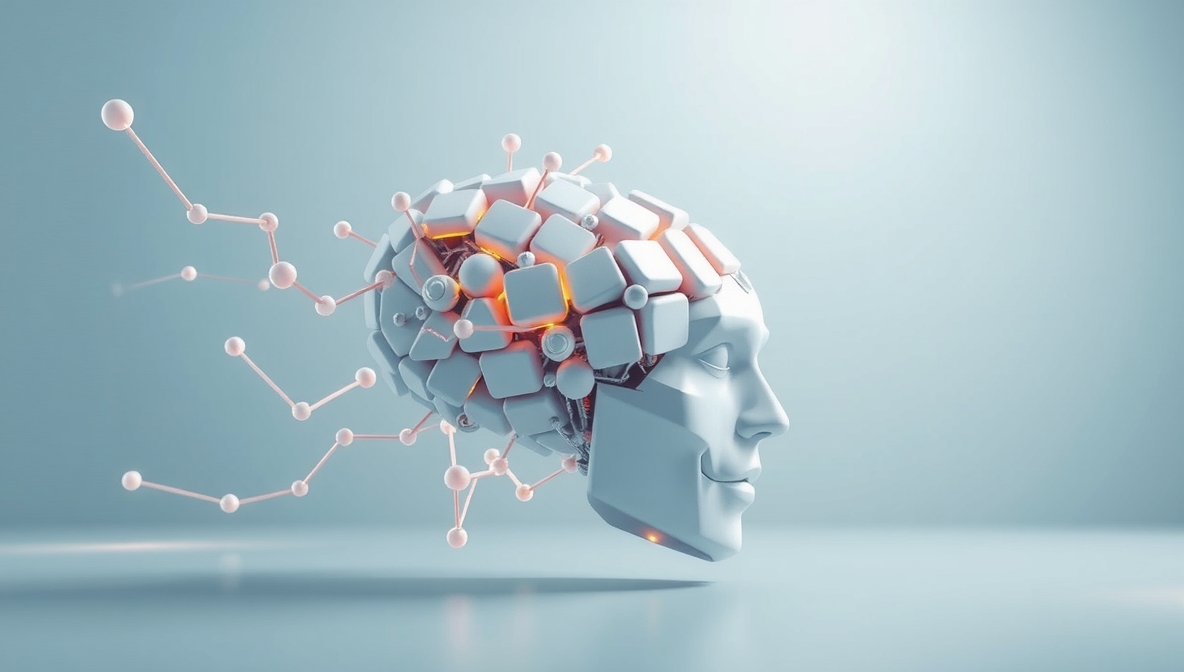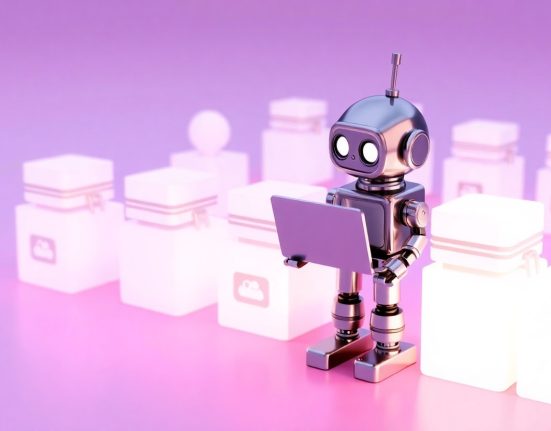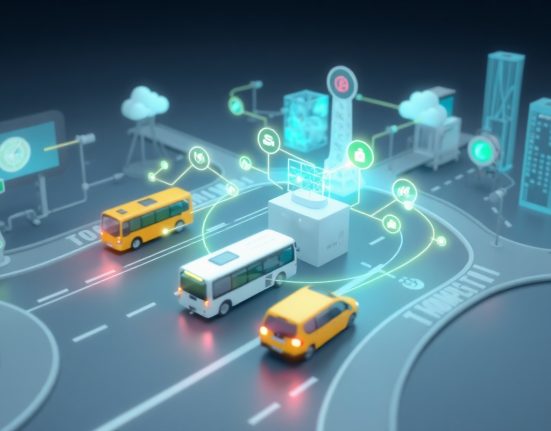In an era where artificial intelligence (AI) systems are becoming more advanced and widespread, the question of ethics in the development and implementation of this technology is gaining increasing importance. Is it sufficient to develop intelligent systems without considering the ethical implications? Does the responsibility lie with developers, companies, or society as a whole? This article examines the need for ethics in the field of artificial intelligence and the human responsibility involved.
The Ethical Problem in AI Development
AI systems, unlike previous technological tools, are capable of learning, adapting, and making decisions autonomously to an increasing degree. When a system makes decisions that affect humans, fundamental ethical questions arise: Who is responsible for these decisions? What values should guide the system’s operations? How do we ensure the system does not cause harm?
German philosopher Hans Jonas argued in his book “The Imperative of Responsibility” that modern technology requires a new ethics—an ethics that takes into account the long-term effects of our actions. In the context of artificial intelligence, this approach takes on added significance.
Key Dilemmas in the Field of AI Ethics
Biases and Discrimination
AI systems learn from data collected in the real world and therefore may replicate existing social biases. For example, a system used to screen job candidates might discriminate against certain groups if the data it was trained on reflects historical discrimination.
Privacy and Data Security
AI systems are fed by vast amounts of information, some of it personal and sensitive. Are there limits to the type of information that should be collected? How do we ensure that information is secure and won’t fall into the wrong hands?
Transparency and Explainability
Many of the most advanced AI systems operate as “black boxes”—it’s difficult to understand how they arrive at certain decisions. Should a system be able to explain its decisions? What happens when a system makes an incorrect decision without a clear explanation?
Autonomy and Agency
As AI systems become more autonomous, the question arises: To what extent should their autonomy be limited? Are there decisions we would never want a machine to make without human intervention?
Philosophical Approaches to Ethics in AI
Utilitarianism
The utilitarian approach emphasizes the outcomes of using AI: Does it bring maximum benefit to the greatest number of people? According to this approach, ethical technology is that which maximizes general welfare.
Deontology
The deontological approach, associated with Immanuel Kant, focuses on moral duties and absolute rules. According to this approach, certain actions are absolutely forbidden, regardless of their consequences. For instance, using AI in a way that harms human autonomy might be considered inherently wrong.
Virtue Ethics
This approach, based on Aristotle’s ideas, focuses on character and virtues. In the context of AI, it raises the question: What kind of society do we want to be? What values do we want our technology to promote?
Human Responsibility in the Age of AI
Despite the growing autonomy of AI systems, ethical responsibility ultimately remains in human hands. This responsibility can be divided into several levels:
Developer Responsibility
AI developers bear direct responsibility for designing systems and minimizing risks. They must ask themselves: Could the system I’m developing cause harm? Are there biases I need to correct? Does the system respect user privacy?
Organizational Responsibility
Organizations implementing AI need to establish clear policies regarding the ethical use of technology. Are there control and oversight mechanisms in the organization? Is there transparency about how data is used?
Regulatory Responsibility
Governments and regulators need to create legal frameworks that balance technological innovation with the protection of human rights and social values. The European Union, for example, has developed the AI Act as a comprehensive regulatory framework for artificial intelligence.
Social Responsibility
Society as a whole needs to conduct a public discussion about the values that should guide the development of artificial intelligence. What types of AI uses do we want to encourage or limit? How do we ensure that technology serves the common good?
Guiding Principles for Ethics in AI Development
In light of the complex ethical challenges, several organizations have proposed guiding principles for the ethical development and implementation of artificial intelligence:
- HumanBenefit: AI should be developed in a way that promotes human welfare.
- Autonomy: The autonomy of humans should be respected, ensuring that final control remains in human hands.
- Fairness: Systems should operate fairly and without discrimination.
- Transparency: The way systems make decisions should be as clear as possible.
- Safety: User safety should be a top priority in system design.
- Privacy: Users’ right to privacy should be respected, and their personal information protected.
- Accountability: There should be a clear address for complaints and demands for accountability in case of harm.
Future Challenges
As artificial intelligence advances, new ethical challenges are expected to emerge:
Artificial General Intelligence (AGI)
How will we deal with systems that match or even exceed general human capabilities? What are the social and philosophical implications of such technology?
Technological Evolution
How will we deal with systems capable of improving themselves autonomously? Is there a risk of losing control over the direction of their development?
Digital Divides
How do we ensure that advances in artificial intelligence do not widen existing social and economic gaps but contribute to narrowing them?
Conclusion
The discussion of AI ethics is not just a technical discussion, but one that touches on fundamental questions about the society we want to live in. Ethics is not an obstacle to innovation, but a compass that directs us to develop technology that serves human values and promotes the common good. As the Greek philosopher Heraclitus wrote, “Character is destiny.” The ethical choices we make today in developing artificial intelligence will shape the future of human-machine relations and the character of human society for generations to come.














